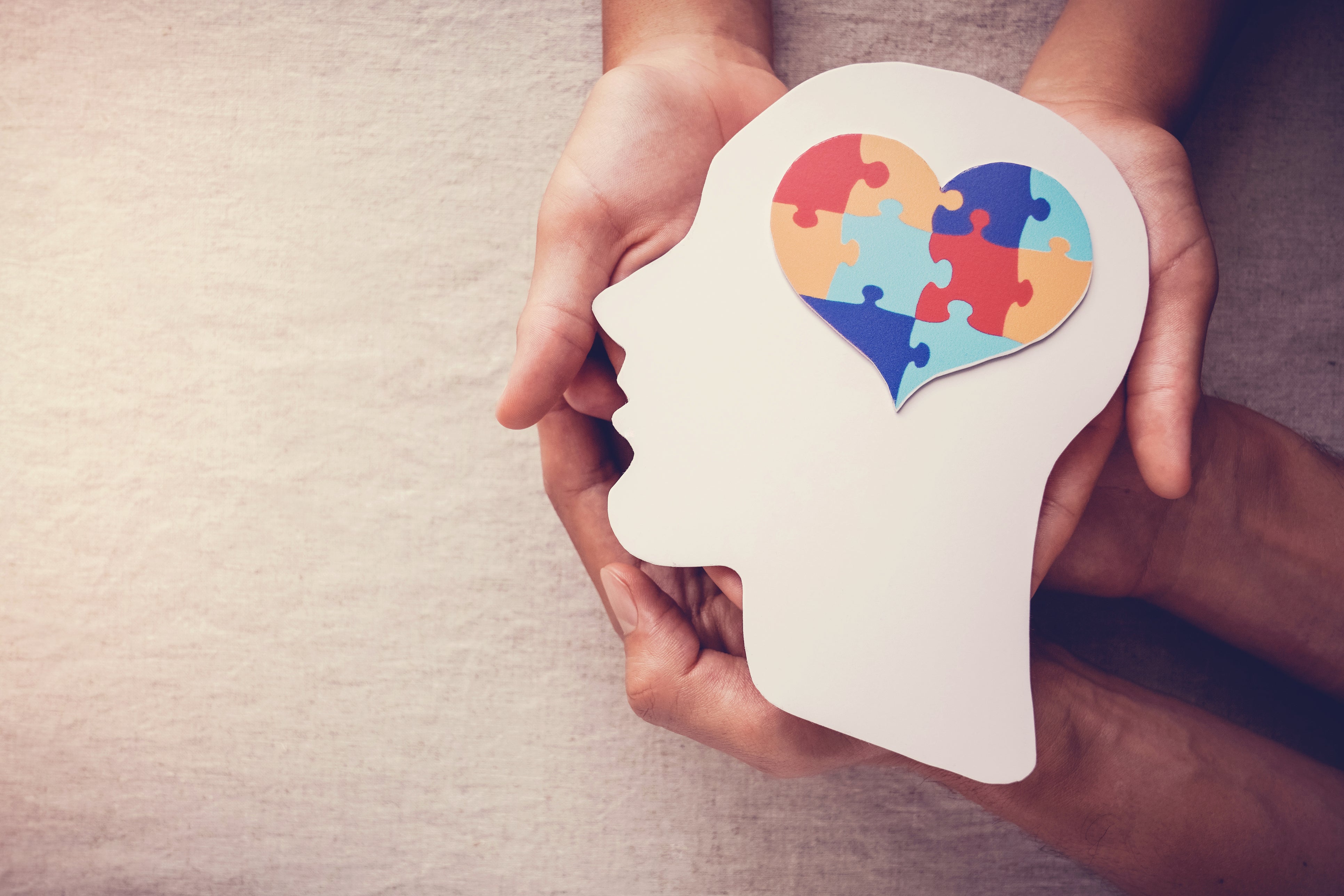The ‘Uberisation’ of mental health services is a threat to our wellbeing
There is a genuine and growing problem with patient confidence in the credibility and effectiveness of digitised therapy, writes Elizabeth Cotton

Your support helps us to tell the story
From reproductive rights to climate change to Big Tech, The Independent is on the ground when the story is developing. Whether it's investigating the financials of Elon Musk's pro-Trump PAC or producing our latest documentary, 'The A Word', which shines a light on the American women fighting for reproductive rights, we know how important it is to parse out the facts from the messaging.
At such a critical moment in US history, we need reporters on the ground. Your donation allows us to keep sending journalists to speak to both sides of the story.
The Independent is trusted by Americans across the entire political spectrum. And unlike many other quality news outlets, we choose not to lock Americans out of our reporting and analysis with paywalls. We believe quality journalism should be available to everyone, paid for by those who can afford it.
Your support makes all the difference.There is a mental health crisis in England, with rates of depression doubling since the Covid pandemic began. Strategies of “speaking up”, mindfulness sessions at work, and national “happiness” campaigns have been touted as an effective approach to tackling mental health at work, but therapists are unconvinced.
But what of mental health services offered by the state? This has been equally unconvincing. Over the past decade or so, mental health services in England have been undergoing a process of “Uberisation”. This refers to how services are effectively treated as commodities marketed through online platforms, changing the way they are delivered as well as making the jobs of the people delivering them more precarious – similar to the effect of ride-hailing apps on taxi drivers.
Specifically, this has happened through the introduction of a standardised and digitalised model of therapy called Increased Access to Psychological Therapies (IAPT). This Uberisation appears to be contributing to a mental health crisis within the therapy profession itself.
IAPT, which was introduced in 2008, provides psychotherapy for depression and anxiety to over a million people each year – the largest NHS programme in England. It uses a model of cognitive behavioural therapy – made up of short-term interventions of four to 12 sessions – that use techniques, such as relaxation exercises, to encourage positive mood and behaviour.
These sessions were predominantly delivered online because of the pandemic, and often in the form of guided self-help, without contact with clinicians and increasingly making use of artificial intelligence technologies, such as chatbots.
As a result of this model, face-to-face therapy has been downgraded. The use of digital technologies – accelerated during the pandemic – and the emergence of digital providers and online therapy platforms means that the trend is towards the mechanisation of therapy.
In an online survey I conducted in 2019 of 650 NHS IAPT workers, 68 per cent of respondents claimed to have experienced depression or anxiety – or both – as a result of their work and 70 per cent experienced burnout. As one therapist working in IAPT said: “I have never in my life seen a more despondent group of professionals.”
In the post-pandemic world, mental health services will continue to be shaped heavily by the emergence of digital services and digital employers
The reason why this matters is probably obvious: when your therapist is living with their own mental health problems, their capacities to manage your distress are likely to be reduced. Add to this working remotely with increased case loads and insecure contracts of employment, therapists are taking a direct hit, financially and psychologically.
With these extremely high levels of depression and anxiety among therapists, there is a genuine question about patient safety that is being overlooked. If the mental health model itself is broken, are services deepening the mental health crisis, rather than solving it?
Most worryingly, there are growing questions about IAPT performance data including the highly contested claim that 50 per cent of people recover as a result of accessing IAPT services. My survey of therapists working for IAPT found that 41 per cent claimed to have been asked to manipulate data about patients’ progress. This included therapists allegedly being encouraged by their managers to coach patients to give positive answers to questionnaires taken after each session. And, they said, they were asked to repeat the questionnaires until a positive response was obtained.
Alternative models
There is a genuine and growing problem with patient confidence in the credibility and effectiveness of the IAPT model. This is seen in the growing lobby of “un-recovery” campaigners – such as the Mental Health Resistance Network and Recovery in the Bin – who call for boycotting public mental health services and developing alternative peer-led models of mental health care.
In the post-pandemic world, mental health services will continue to be shaped heavily by the emergence of digital services and digital employers. We can anticipate the growth of large and new digital providers and online platforms in NHS mental health services and a growing number of therapists working for them on a self-employed and insecure contractual basis. Fundamentally, this continued Uberisation of services is a downgrade for all of us where both therapists and patients stand to lose.
We need to return to the principles of therapy, based on a person-centred approach, where therapy is shaped by the patient’s specific needs with a therapist who has the capacity to be responsive to them. Uberised therapy stands in start contrast to these principles, where automated, standardised and digitalised interventions drive our response to the mental health crisis.
Elizabeth Cotton is a senior lecturer at Cardiff Metropolitan University. This article first appeared in The Conversation




Join our commenting forum
Join thought-provoking conversations, follow other Independent readers and see their replies
Comments